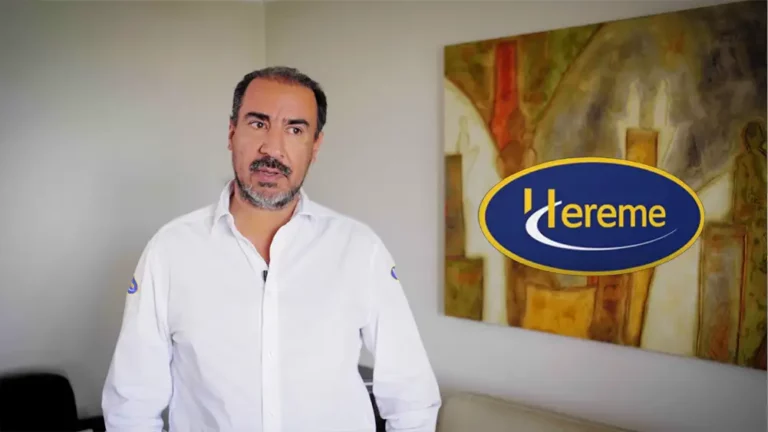
Transportes Hereme and Fagor: Fleet Management Success Story
Transportes Hereme, led by Jorge Hereme, general manager of the companies Transportes Hereme and RDT, is celebrating a success story following the implementation of Fagor’s FlotaNet system. The company, with almost 16 years of experience in transporting mining personnel in areas such as the Andes and other mining regions of Chile, has managed to revolutionise its fleet management thanks to this innovative technological solution.
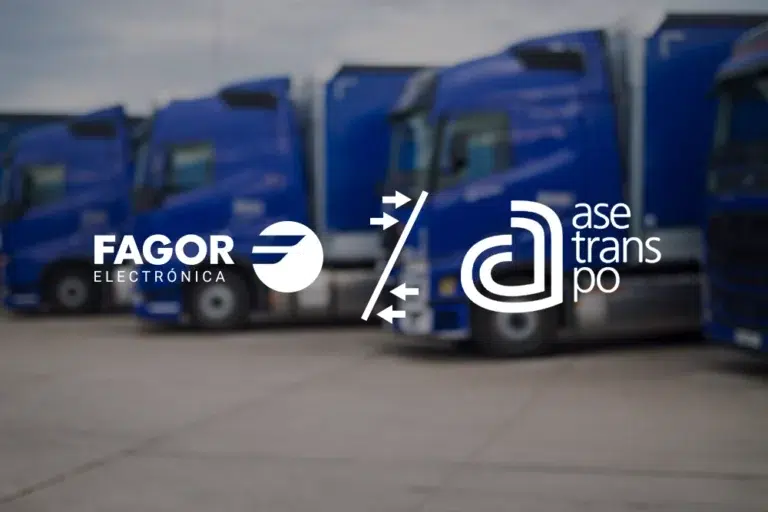
Fagor Electrónica and the Association of Transport and Excavation Businesses of Pontevedra ASETRANSPO join forces to improve the management of vehicle fleets.
Fagor Electrónica, a leading company in technological solutions for fleet management and control, has announced a new collaboration with ASETRANSPO. The main objective of this agreement is to explore new business opportunities and promote the adoption of innovative technologies in the transport sector in the region.

Interview with Adrián García
We interviewed our colleague Adrián García, sales manager in Mexico. We thank him for taking a few minutes to answer these questions, which allows us to get a closer look at his professional and personal profile.

Interview with Gonzalo Gálvez
We interviewed our colleague Gonzalo Gálvez, sales manager in Mexico. We would like to thank him for his availability and for giving us a few minutes to answer these questions in order to get to know him better, both professionally and personally.

Key trends in Fleet Management for 2025
Fleet management is undergoing a significant transformation in recent years, mainly driven by various technological advances that have been incorporated into day-to-day business, regulatory changes and growing environmental awareness. As we approach 2025, fleet management companies are faced with the need to adapt to this increasingly competitive environment.

What every fleet management system should have: 10 key requirements
Fleet management is a key issue in the transport and logistics industry, as well as for any company that owns a fleet to run its business. An efficient fleet management system enables companies to maximise productivity, reduce costs and improve safety.
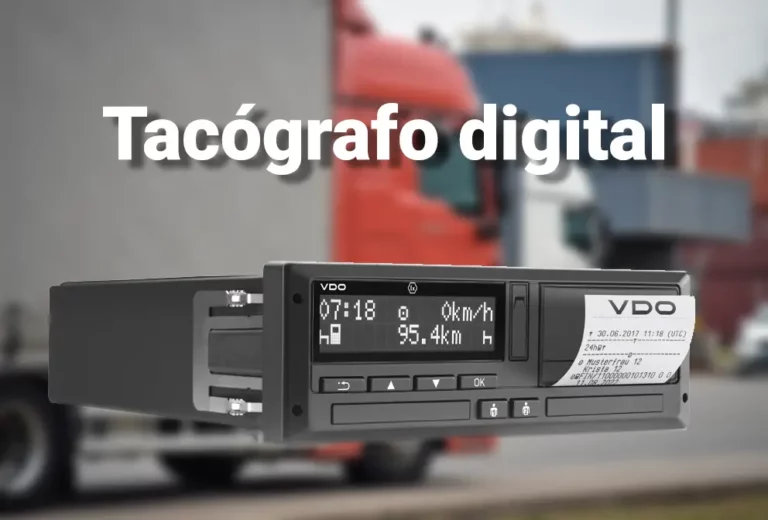
Trends and Future of the Digital Tachograph in the Transport Industry
The transport industry, in its constant evolution, is updating the different technologies that improve the sector, such as the mandatory implementation of the digital tachograph in all trucks. This device, which registers the activity of drivers and vehicles, has become an essential tool for guaranteeing road safety and compliance with regulations. For this reason, the European Union is making it compulsory to update these devices, which are called second generation digital tachographs.

The power of real-time data: Improved decision making through telematics solutions
The integration of real-time data has revolutionised many aspects of logistics and transport. For those of us involved in fleet management through telematics solutions, this technology has become essential to improve efficiency and decision-making. But what does real-time data integration really mean and how does it apply to this sector?
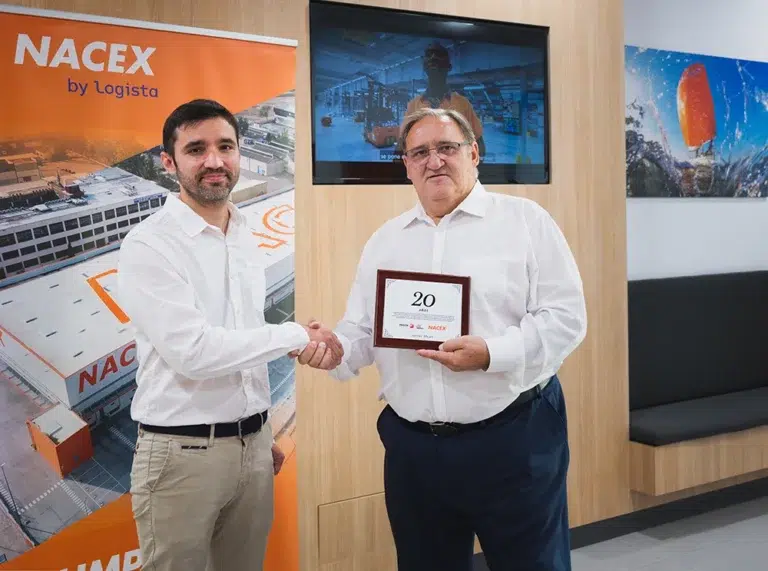
20 Years of Success: The Alliance Between Nacex and Fagor Electrónica Revolutionises Fleet Management with FlotasNet
Our alliance with Nacex, through the implementation of our FlotasNet system, has transformed its operations, consolidating its position as a benchmark in the logistics sector. At the same time, it has allowed us to maintain our leadership in the telematics sector.
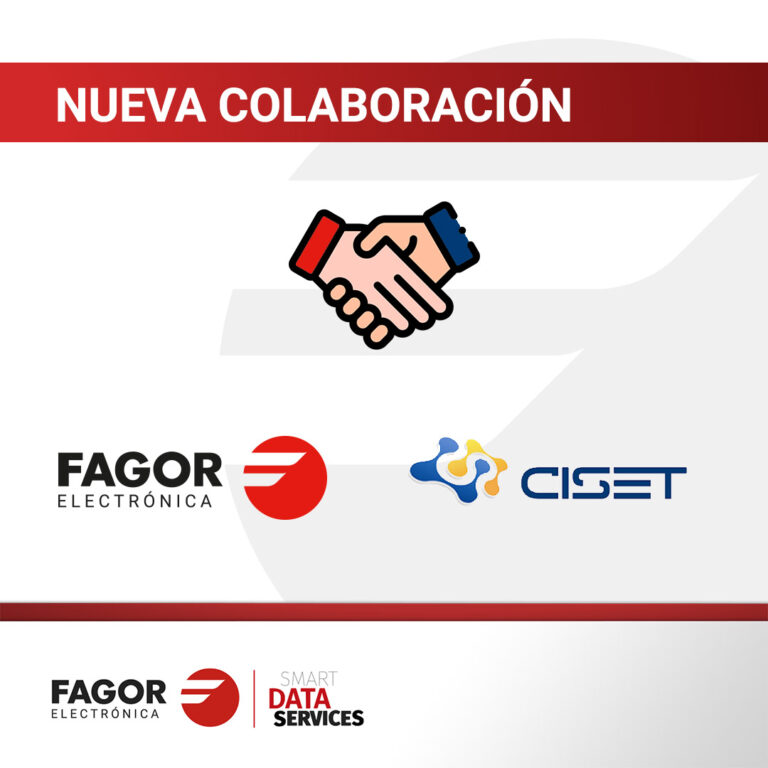
New strategic alliance with Ciset: Expanding horizons with FlotasNet
We are pleased to announce an exciting new partnership with Ciset, a renowned company in the technology sector. With this agreement, Ciset will help us expand the reach of our fleet management solution, FlotasNet, by providing valuable contacts from companies interested in optimising their operations with our innovative tool.
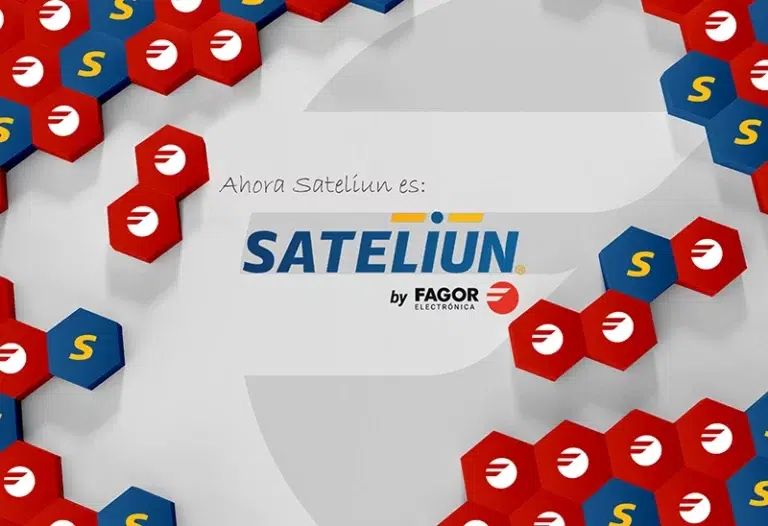
Fagor Electrónica acquires Sateliun’s telematics business to strengthen its market presence
At Fagor Electrónica – Smart Data Services, we are excited to announce the acquisition of the telematics business of Sateliun, a company renowned for its innovative vehicle tracking and monitoring technology. This strategic acquisition will allow us to further strengthen our market position.
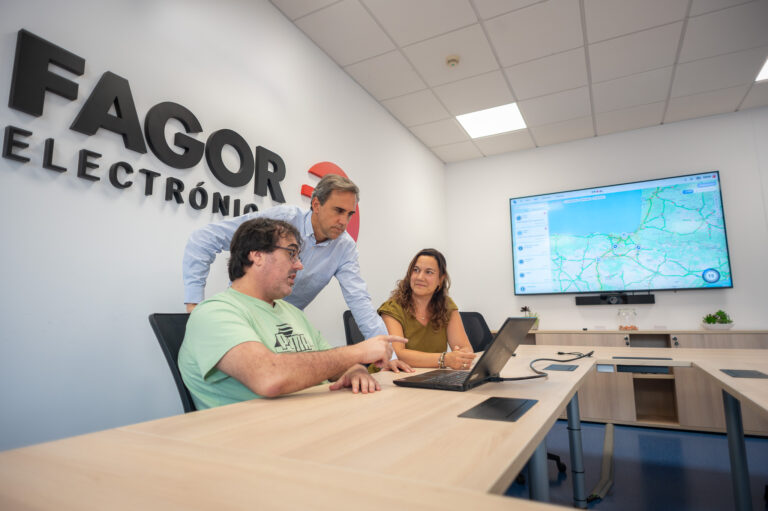
From Idea to Reality: Interview with the Team Behind the New Version of FlotasNet
The product team at FlotasNet has launched a new version of their fleet management platform, offering advanced solutions. In this interview, the team shares the challenges, technologies, and key improvements of the update, transforming fleet management towards a more efficient and connected future.